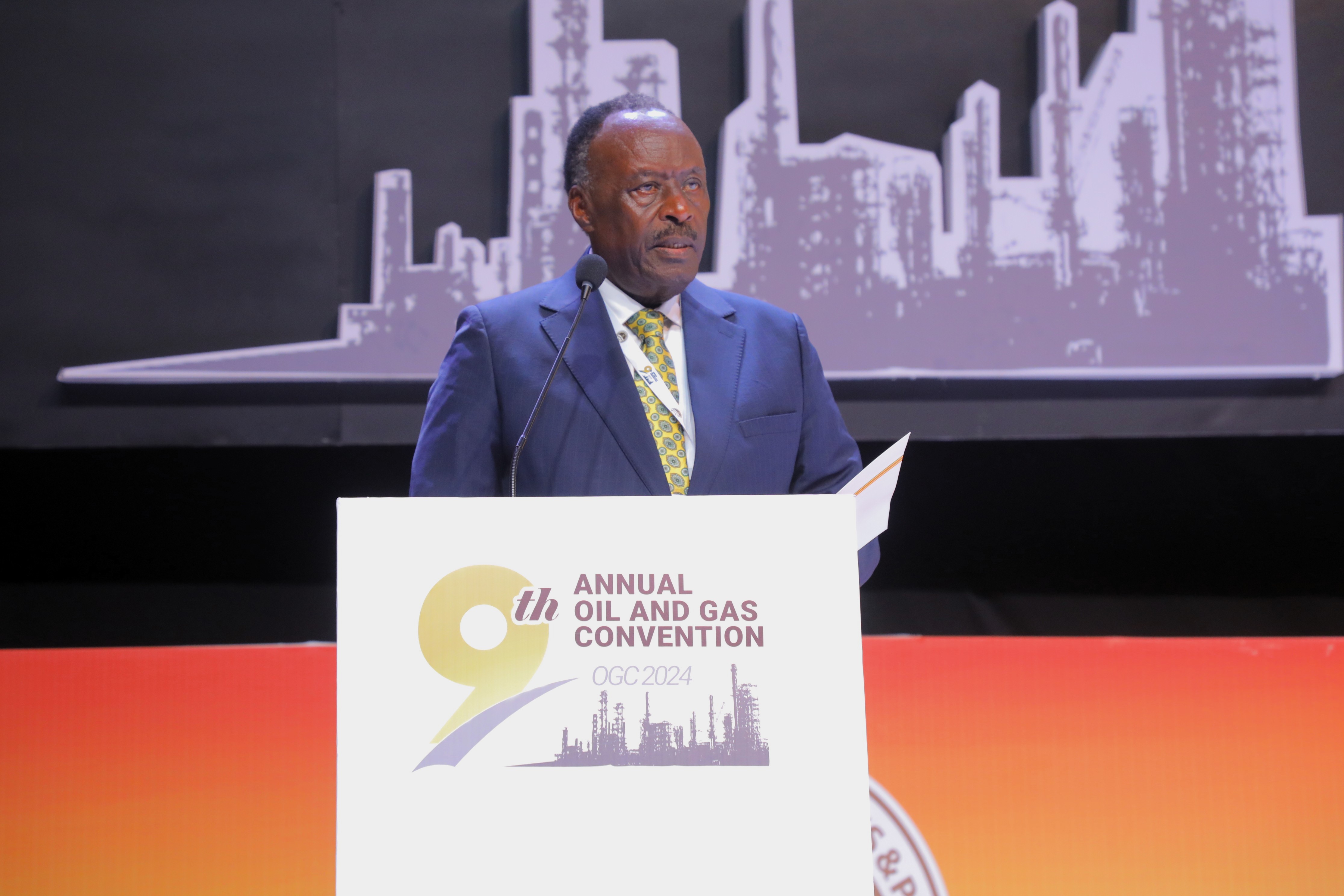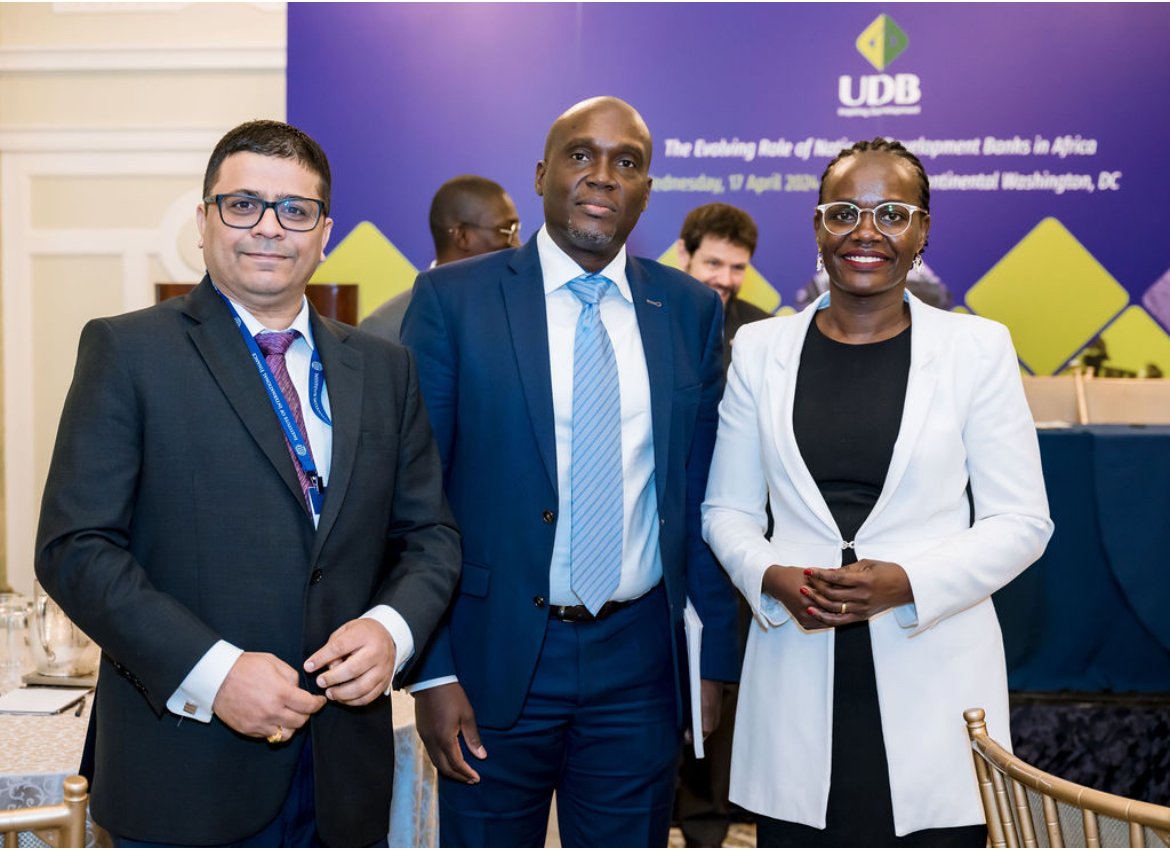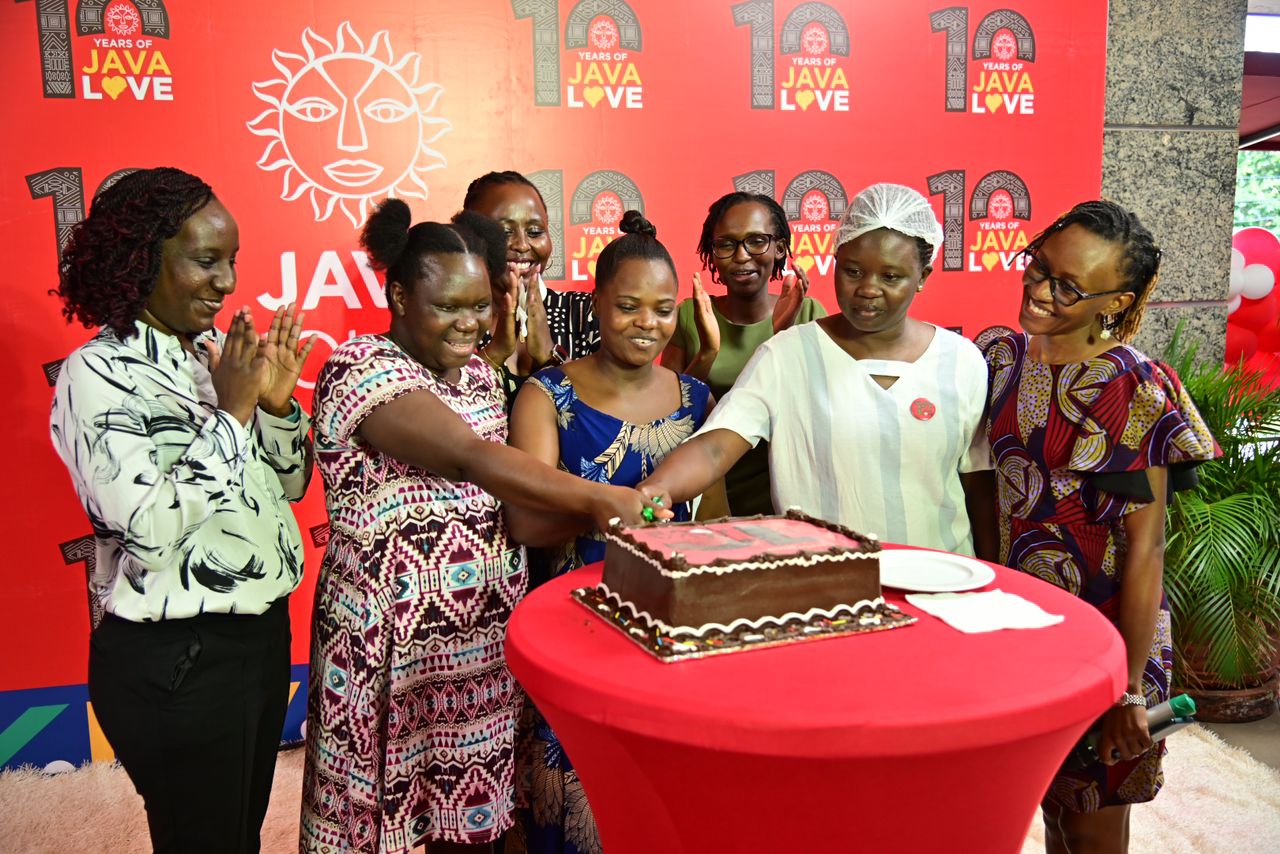Universal healthcare in Kenya finally taking shape
In countries like Australia healthcare is such like a nationally spread system that some people may even take it for granted.
While we worry relatively little by comparison to other countries about our healthcare, our concerns for our health lay in our consumption of products.
In developing countries, their concerns lay in simply getting medical treatment at all. The harrowing reality is undeniably heart wrenching.
Universal healthcare is a right that citizens from around the globe should be privy to, and yet there are some developing countries that are struggling with issues like a lack of qualified healthcare workers, the available medical equipment being faulty and unusable, a lack of electricity, water, and basic healthcare tech (among other issues).
Africa is a continent in desperate need of healthcare improvement, particularly maternal and child health and health insurance for the poor and the elderly.
Mandera is one of the most remote areas in Kenya. It takes a whole two days to get to the remote county of Mandera, Kenya from Nairobi, an area that lies between the Somalian and Ethiopian borders.
The roads into the county are dangerous and difficult, making the area hard to get to. For every 100,000 births in the area, there are 3,795 maternal deaths.
The numbers are staggering and sobering all at once, and the statistics are just one set in a growing number of horrifying realities in Africa.
In addition to the traumatic realities of the healthcare system in the area, it is also a border region that is struggling with an increasing number of refugees feeling the Somalian civil war, in desperate need of care.
The continent is finally making headway with their healthcare epidemic, with the UN coming together to find solutions and better the system for the future.
At theUN General Assembly, New York in 2017, a meeting for the Kenya SDG Partnership Platform finally presented an opportunity to communicate and engage with private sector partners who are uniting to deliver health care to some of Kenya’s most remote regions – including Mandera.
To improve the health of the people, collecting and managing solid data about not only the populations in question, but surrounding populations as well, is crucial.
Together with the governments of countries like the USA, the UK, the Netherlands, Japan, and Denmark, a public-private partnership is coming into fruition.
This partnership has the capacity and the probability of making universal primary healthcare in Kenya a reality, instead of just a dream. While the efforts thus far have been incredible, the strength of governments of more countries joining in the efforts has the potential to add more impact tenfold.
Kenya’s President Uhuru Kenyatta, made mention when he announced the increase in Kenya’s budgetary allocation to healthcare, that the funds will specifically go towards those who are generally on the fringe of even the most basic healthcare systems (particularly women and children).
While the push is finally making headway and making a difference, there is a long way to go. Universal healthcare should literally be universal and not the right of those born into more developed countries.













